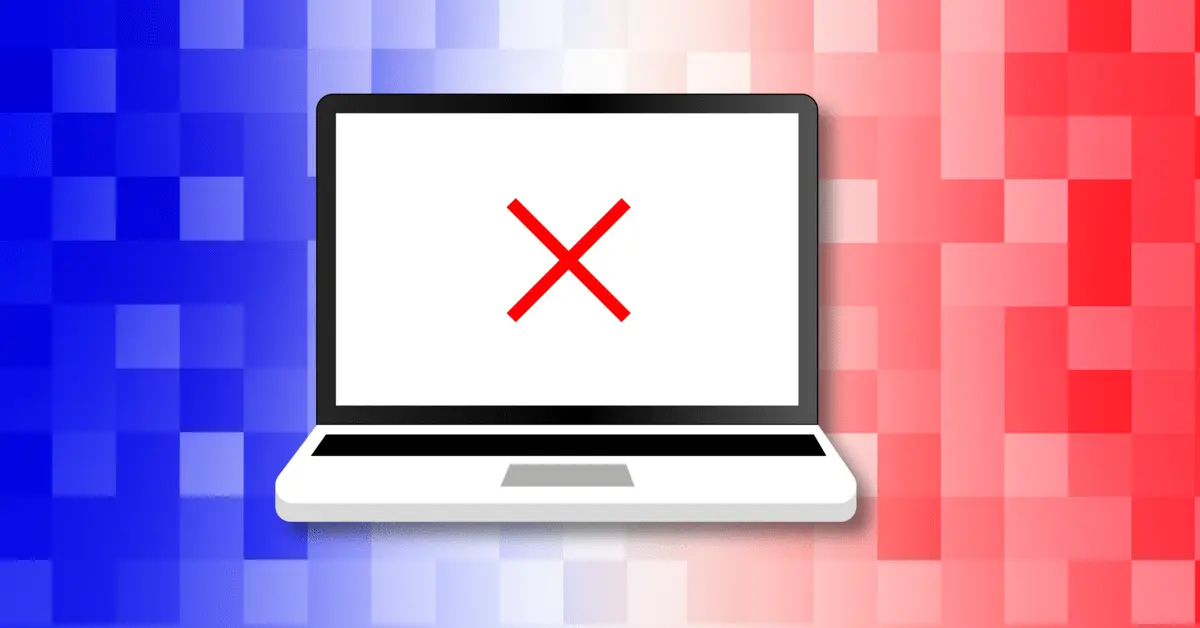In a well-intentioned yet dangerous move to fight online fraud, France is on the verge of forcing browsers to create a dystopian technical capability. Article 6 (para II and III) of the SREN [sécuriser et réguler l’espace numérique] Bill would force browser providers to create the means to mandatorily block websites present on a government provided list.
[Unfortunately one should no longer trust Mozilla itself as much as one did 10 years ago. If you do sign, you might want to use a fake name and a disposable email address.]
This bill is obviously disturbing. It could be that eventually they assume that .onion sites are all suspicious and block them, or something similar might happen, which would be bad news for privacy-oriented users including Monero users, for freedom of thought, and for freedom of speech itself. Note that the EU is going to ban anonymous domains too (in NIS2, Article 28).
For a regular end user, if something like this happens and if the block is domain-name-based, then one quick workaround would be using web.archive.org (or Wayback Classic), or ANONYM ÖFFNEN of metager.de (both work without JS). If this is France-specific, of course a French user could just get a clean browser from a free country too (perhaps LibreWolf or Tor Browser, or even Tails), provided that using a non-government-approved browser is not outlawed.
Mozilla, financially supported by Google, states that Google Safe Browsing is a better solution than SREN, but that too has essentially similar problems and privacy implications; especially Gmail’s Enhanced Safe Browsing is yet another real-time tracking (although, those who are using Gmail have no privacy to begin with, anyway).
If it’s DNS-level blocking, you can just use a better DNS rather than one provided by your local ISP, or perhaps just use Tor Browser. Even if it’s browser-side, as long as it’s open-source, technically you’re free to modify source code and re-compile it yourself, but that may not be easy even for a programmer, since a browser is complicated, with a lot of dependencies; security- and cryptography-related minor details tend to be extremely subtle (just because it compiles doesn’t mean it’s safe to use), especially given that Firefox/Thunderbird themselves really love to phone home behind the user’s back.
See also: Will Browsers Be Required By Law To Stop You From Visiting Infringing Sites?


How are people still assuming the state has any good intentions?
Their intentions are to know about and control everything that is being done and said.
Europeans always think their government has good intentions, which is ironically how Hitler happened. They still have yet to learn their lesson.
At least the French light shit on fire when they don’t like what the government is doing.